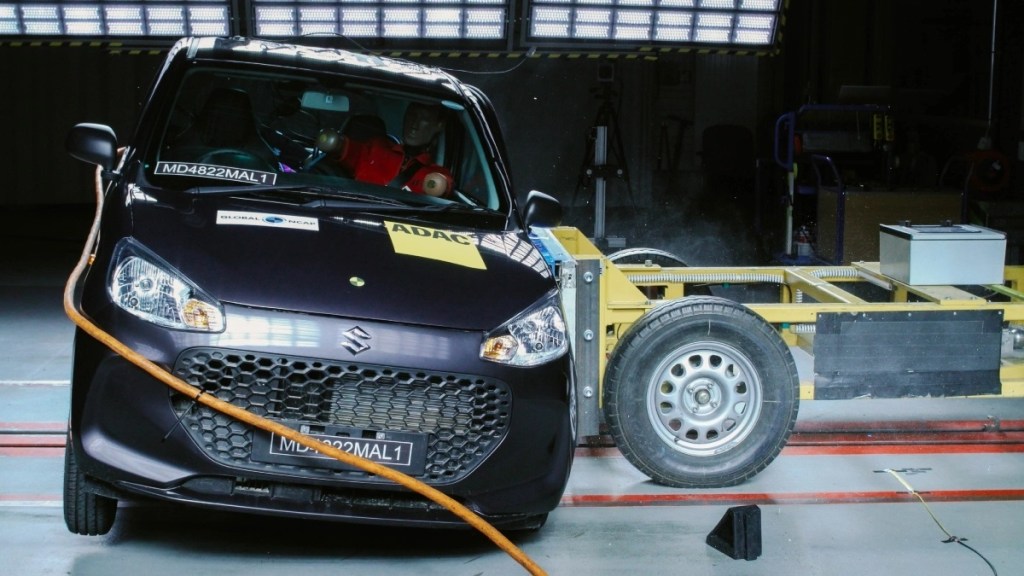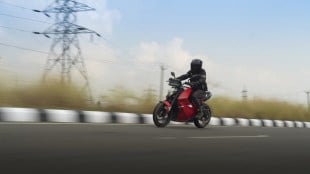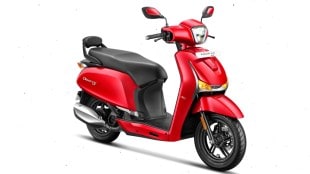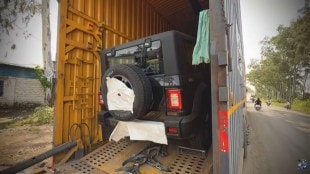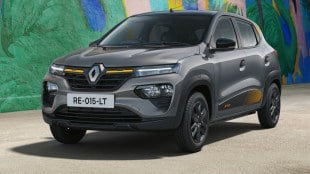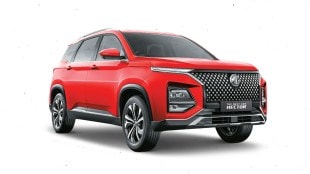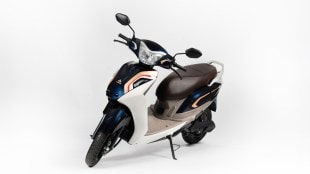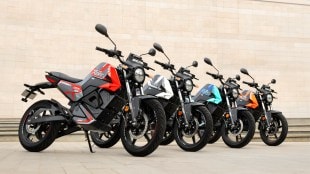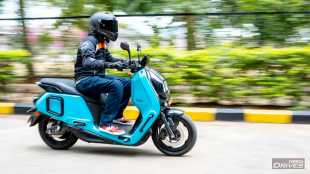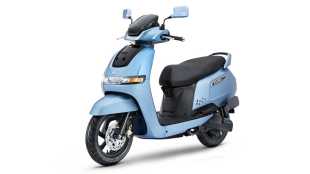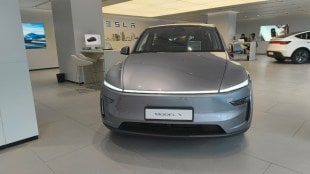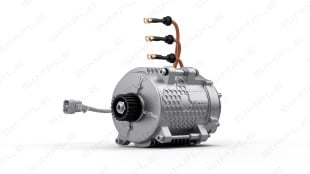After almost 10 years in the process, the government of India has launched the Bharat New Car Assessment Programme (BNCAP), which will test and rate car safety standards in India. The BNCAP was launched by Nitin Gadkari and other experts from the Indian automotive Industry.
With roads getting better and India recording 1.5 lakh accidents a year, safer cars are important as road fatalities in India are much higher than in the US, despite having lower speed limits. BNCAP aims to make cars safer for customers.
The BNCAP borrows protocols from Global NCAP and Euro NCAP, and will test M1 category vehicles in India, under 3.5 tonnes. The assessment will test adult protection, child protection, and safety features in base models of cars and award them ratings. At the moment, BNCAP is purely voluntary.
Soon, BNCAP will set specific testing standards for EVs, alternate fuel vehicles, and larger buses that carry passengers. The programme will evolve alongside the Indian automotive industry and David Ward, the Executive President of Towards Zero Foundation says, “Each protocol around the world usually is updated every four or five years. So we’ll see how it all evolves. But we’re very happy that the starting point is building on the success of a project we’ve run for the last 10 years.”
Bharat New Car Assessment Programme (Bharat NCAP) India launch live updates
Here is the detailed report of the BNCAP India launch, its testing procedures, and what vehicles can be tested under the new programme.
Gadkari says today is a historic day as with the launch of BNCAP, over 30 models have been signed up by carmakers to test their safety.
The cost of testing car safety abroad is Rs 2.5 crore, while with the introduction of BNCAP, the cost has come down to Rs 60 lakh, says Gadkari.
The Indian auto industry is the largest employer in India and is the backbone for India's GDP says Gadkari. Total valuation of the Indian auto industry is Rs 12,50,000 crore.
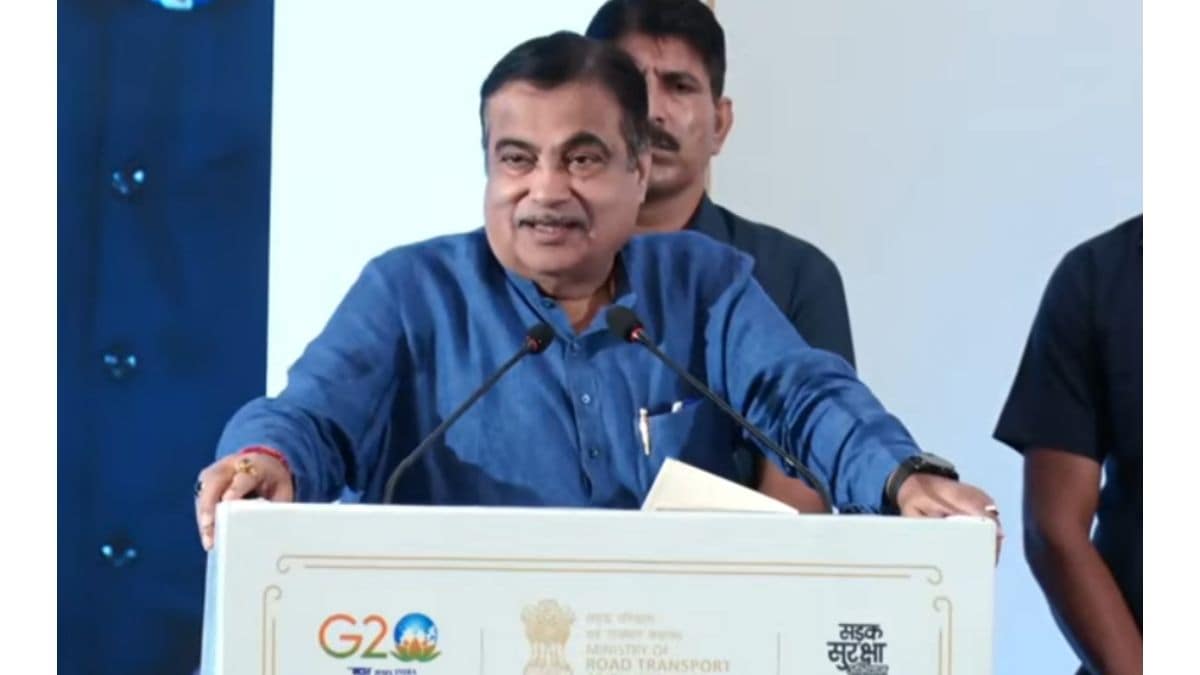
Nitin Gadkari says, “Two major challenges in India today- road accidents and pollution. 70% of deaths in road accidents are between 18-34 years.”
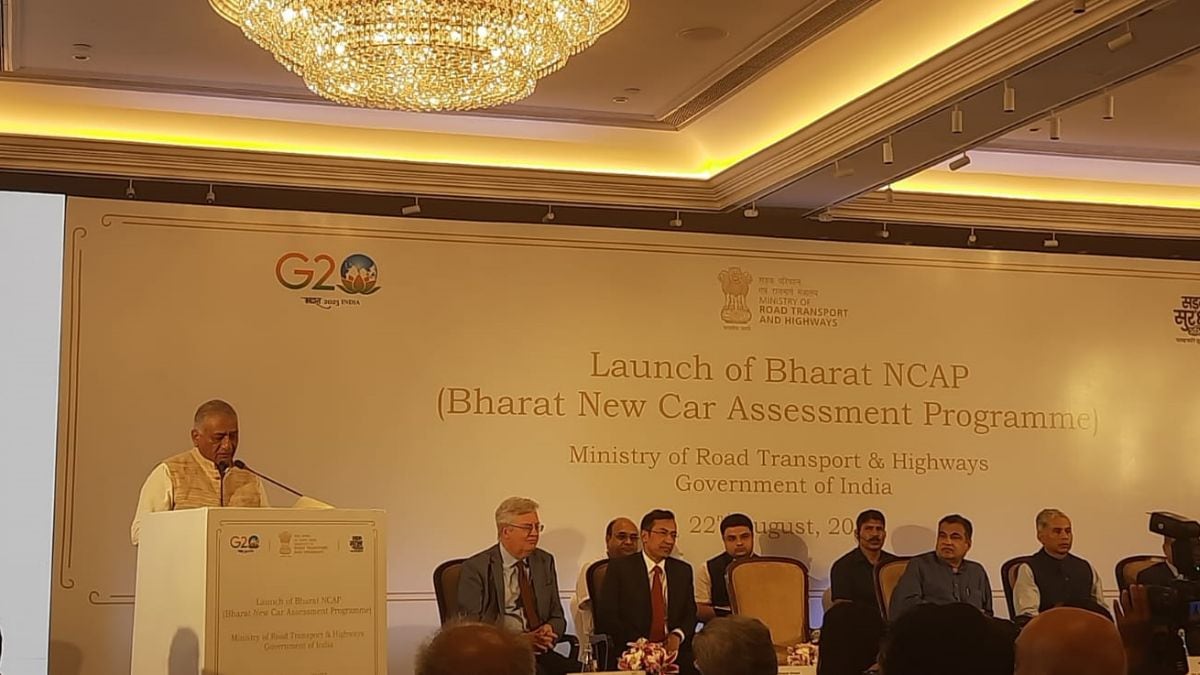
Gen V.K Singh, Minister of State, MoRTH: Auto OEMs will save money with enhanced safety if the production scale is large enough”.
India is unique and hence the need for India-specific safety testing standards, says Piyush Tewari, Founder, SaveLIFE Foundation. Piyush says it would be better if buses can also be tested in the future under BNCAP.
The launch of the BNCAP will be a huge stepping stone for component makers as well, apart from carmakers.
Once the BNCAP program goes live, the program will soon be tuned to test safety on EVs and alternate fuel vehicles.
“Over the years, India has seen many safety features becoming mandatory such as dual airbags, ABS, ISOFIX seat anchors, and more. In the future, six airbags will become mandatory, which sometimes exceed global standards,” says Vinod Aggarwal, President, SIAM.
All the tests will be done with a dummy, which will assess four major parts of the body. BNCAP will also assess safety technologies present in vehicles.
Once an OEM has volunteered, a random unit will be picked for testing. Once the test is complete, a certificate will be handed over to the carmaker.
The BNCAP test is applicable to all M1 category vehicles, less than or equal to 8 passengers, and weighs less than 3.5 tonnes. The tests will be conducted on base variants of a model.
The BNCAP program was initially thought of in 2011 and in 2016, the program picked up pace. The BNCAP program has already seen 20 models sign up for testing safety standards.
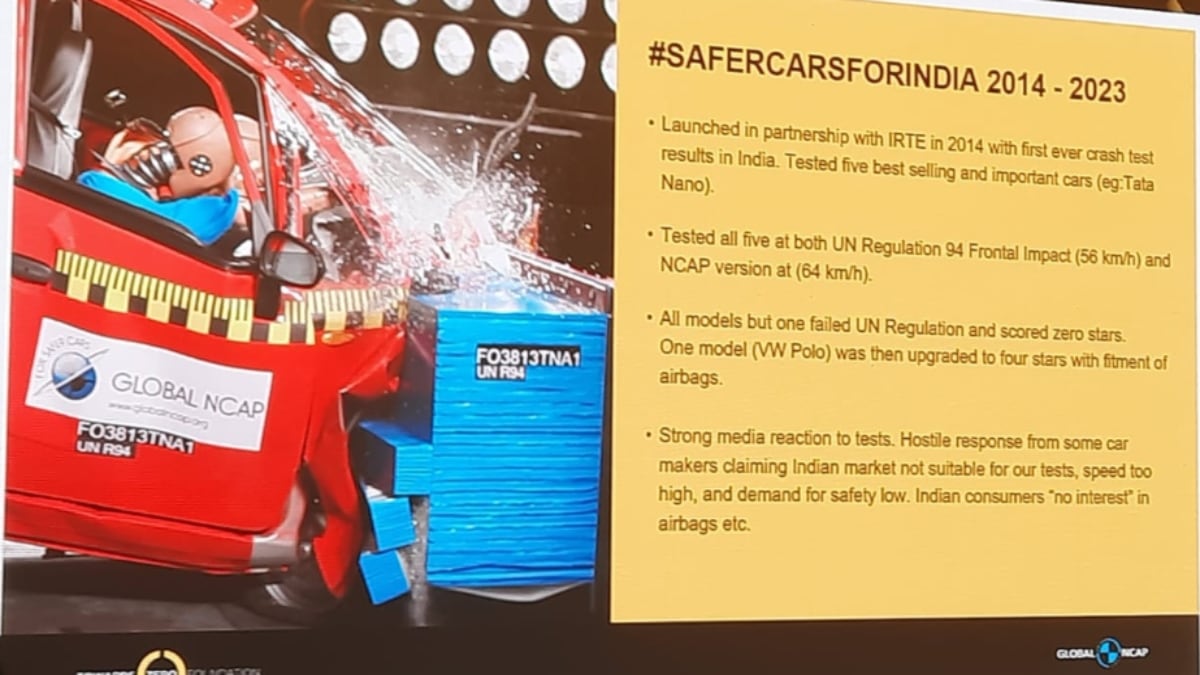
The full program of the BNCAP will be fully functional from October 1, 2023.
Based on reports from 2021, India records around 1.5 lakh road accidents every year and with the launch of BNCAP, the government is looking to reduce those numbers.
India has seen a sharp decline in 0 star rated cars since 2014, when the safer cars for India program by GNCAP was initiated, says David Ward.
“The safer cars for India program by Global NCAP was started in 2014 as a pilot program. During the time, many cars scored 0 starts and fast forward today, India has many 4 and 5 star rated cars,” says David Ward.
Anurag Jain, Joint Secretary, MoRTH, says, “India is the world's third largest car manufacturer and the BNCAP program will make Indian cars more competitive globally.”
“India has lower accident numbers compared to the US, however, India has more road fatalities, despite India having much lower speed limits. The BNCAP program is designed to bring road fatalities down,” says Anurag Jain, Joint Secretary, MoRTH.
BNCAP will provide safety ratings to all M1 category vehicles in India and is based on Global NCAP, which assesses cars globally.
Stay tuned as Nitin Gadkari will shortly launch the BNCAP. The program will help new car buyers make a better choice and help carmakers innovate safety features in vehicles.
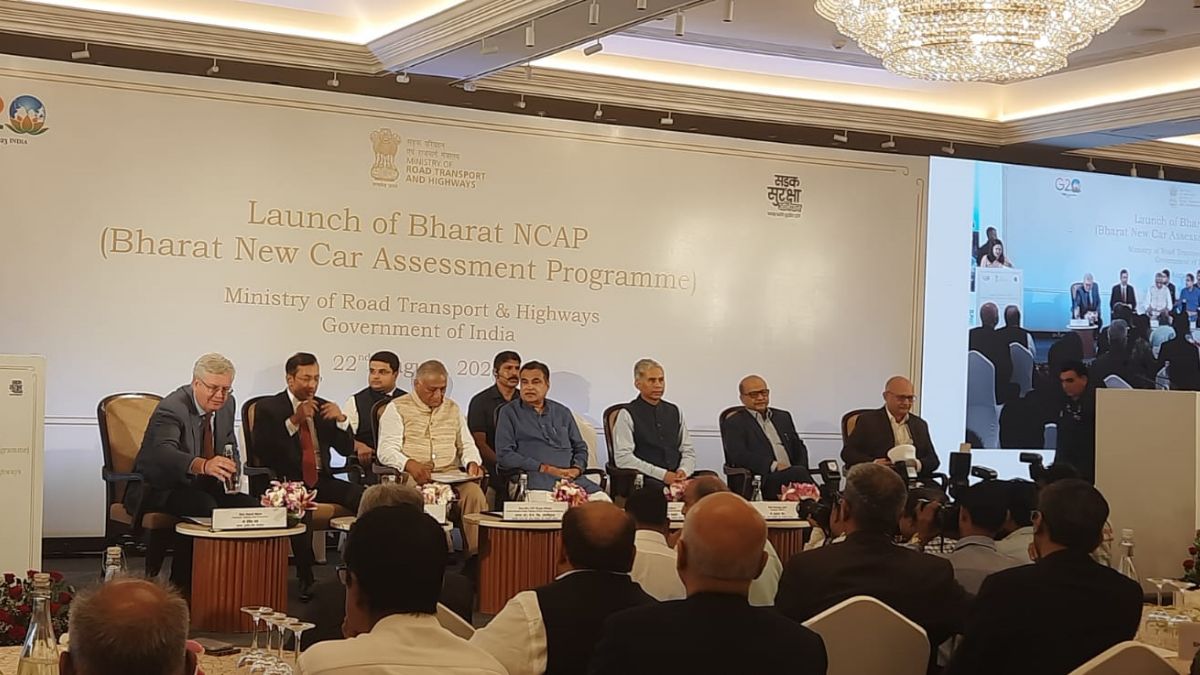
We are a few minutes away from the official launch of the Bharat NCAP, which will be launched by Nitin Gadkari.
For cars to qualify for the Bharat NCAP assessment and get a three-star rating or higher, vehicles must be equipped with electronic stability control (ESC) as standard.
The Bharat NCAP is based on the updated Global NCAP protocols and Euro NCAP for certain tests. These tests have been the industry norm for many years.
The new Bharat NCAP will assess cars for adult and child safety and will rate cars accordingly. Currently, India relies on Global NCAP (GNCAP) for crash test safety assessment.
Nitin Gadkari will launch the Bharat New Car Assessment Programme (Bharat NCAP) today, designed for vehicles up to 3.5 tonnes. This marks a significant milestone for India in terms of road safety.
